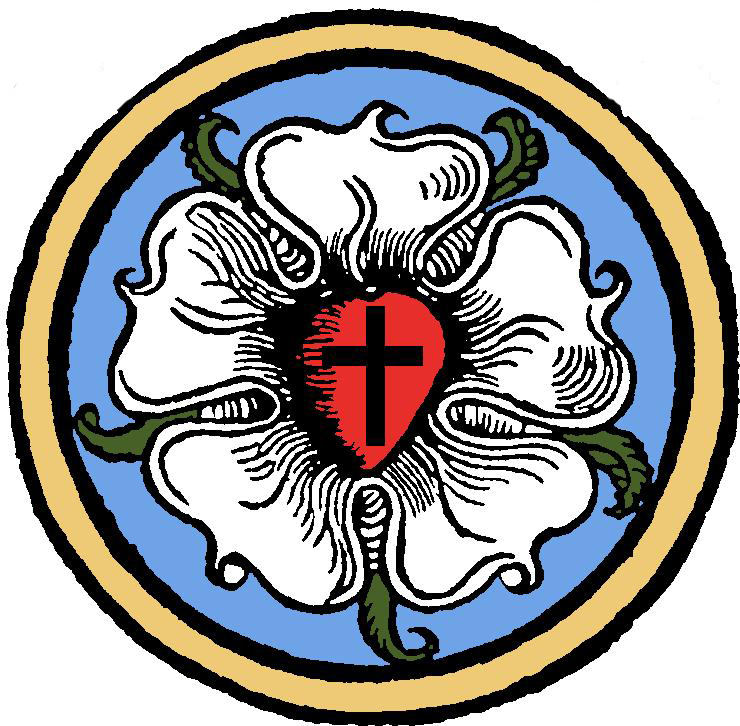by Rev. Christopher Maronde

We are uncomfortable with labels. We refused to be pigeonholed; we abhor being placed into any category. Labels are simplistic, we say, they are too broad or too narrow, they exclude or include. We want people to take us as individuals. But what if a label has meaning, what if it can be tied to something specific and concrete? What if there were a book, a collection of documents, that contained within its pages the essence of what one label means? At the very least, whatever you thought of the other labels that people use, you could trust that one. Indeed, you could own that label yourself, because you and everyone else would know exactly what it meant. There is one such label, one such title, one such designation: Lutheran.
What does the label ‘Lutheran’ mean? This is a different question than, ‘What do those who call themselves Lutherans believe?’ We are not looking at what those who claim this name mean by it, we are trying to define what the label actually means. Its meaning is simple: The name Lutheran refers to a person, congregation, or church body who unconditionally holds to the teachings contained within the Book of Concord, first published in 1580. A Lutheran is someone who declares that these specific documents rightly confess the truth of the Scriptures. It’s that simple; if you want to know what a Lutheran believes, if you want to know what that label means, you go to the Book of Concord. If you want to know if someone is using the label properly, you evaluate what they believe, teach, and confess according to the Book of Concord. If you yourself want to accurately bear the label ‘Lutheran,’ then you study the Book of Concord and hold to its teachings fully and unequivocally.
A Lutheran is not someone who worships Martin Luther; a Lutheran is not someone who subscribes to every word that flowed from Luther’s pen. In fact, Lutherans were given that label by their opponents as an insult, accusing them of following Luther like a cult. But Luther, like John the Baptist, was not an object of worship. He was a voice, a bony finger pointing to Jesus, and Him alone. He would prefer that we be known only as ‘Christians,’ but in a sinful world, simply bearing the name ‘Christian,’ while sufficient for salvation, is insufficient to accurately tell others what you believe and how you separate truth from error. Lutherans must call themselves something to distinguish their confession from all the other confessions around them; they could’ve called themselves ‘Concordians’ or ‘Wittenbergers’ or literally anything else, and the content behind that label would’ve been exactly the same, but they didn’t. Instead of dumping that label given as an insult, they owned it, and we still own it, because that label means something, because it is backed up by the confessional documents contained in the Book of Concord.
What makes a Lutheran a Lutheran? Not the name on the church sign, not the Luther’s rose on the wall, not hot-dishes and jello salads, but the doctrine, the teaching. If it is the doctrine of the Book of Concord, then it is Lutheran; if not, then the label is misleading not only you, but the one who wears it. Hold to this label—own it, wear it with boldness, the same boldness with which Martin Luther stood before the emperor in Worms, the same boldness with which the confessors stood before that same emperor in Augsburg. For this label means that the Gospel is confessed, that Christ is confessed. This label proclaims what the Book of Concord proclaims: it’s all about Jesus, Christ alone given to us by God’s grace alone, revealed by the Scriptures alone, all received by faith alone.
The Rev. Christopher Maronde is associate pastor of Good Shepherd Lutheran Church, Lincoln, Nebraska.